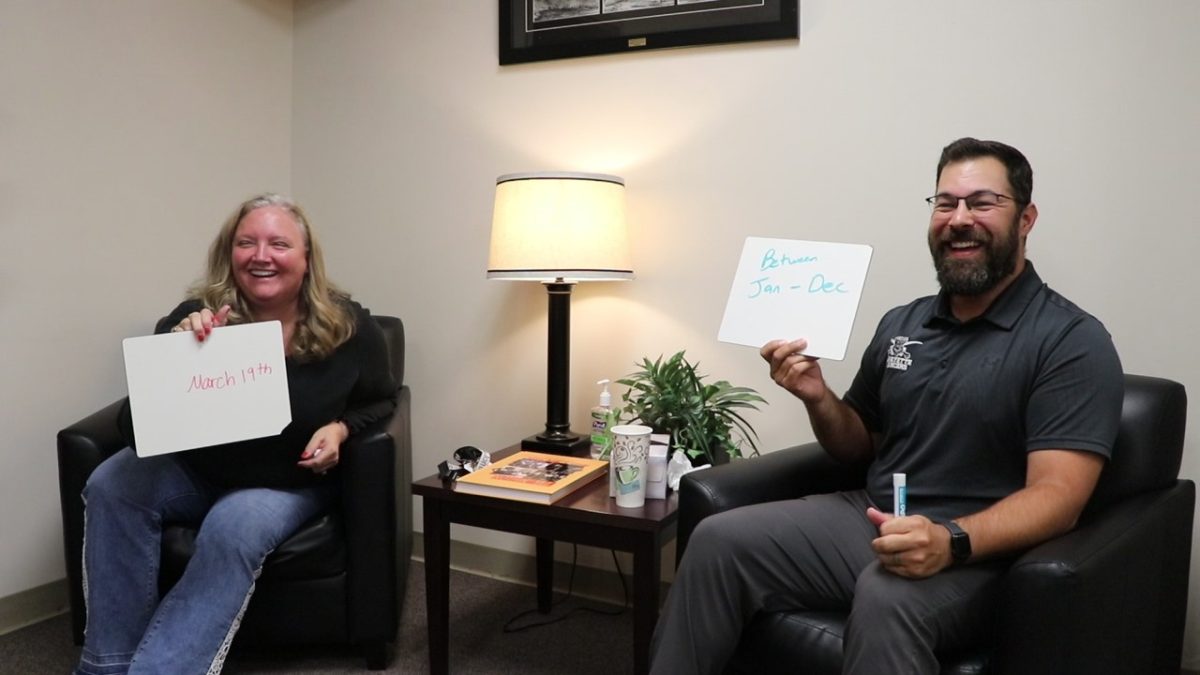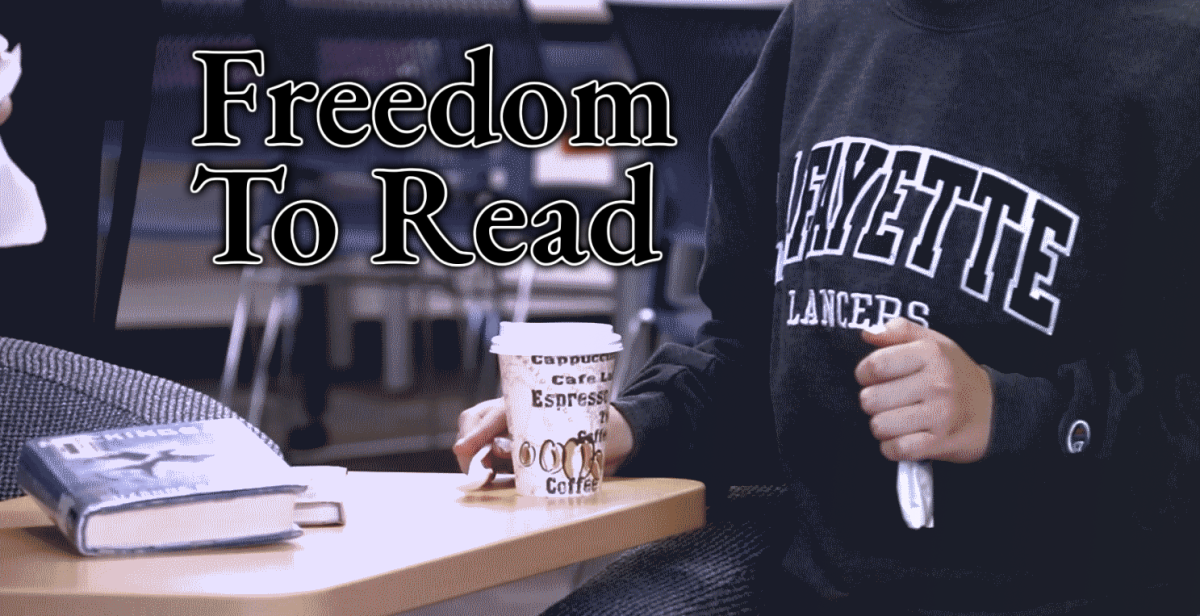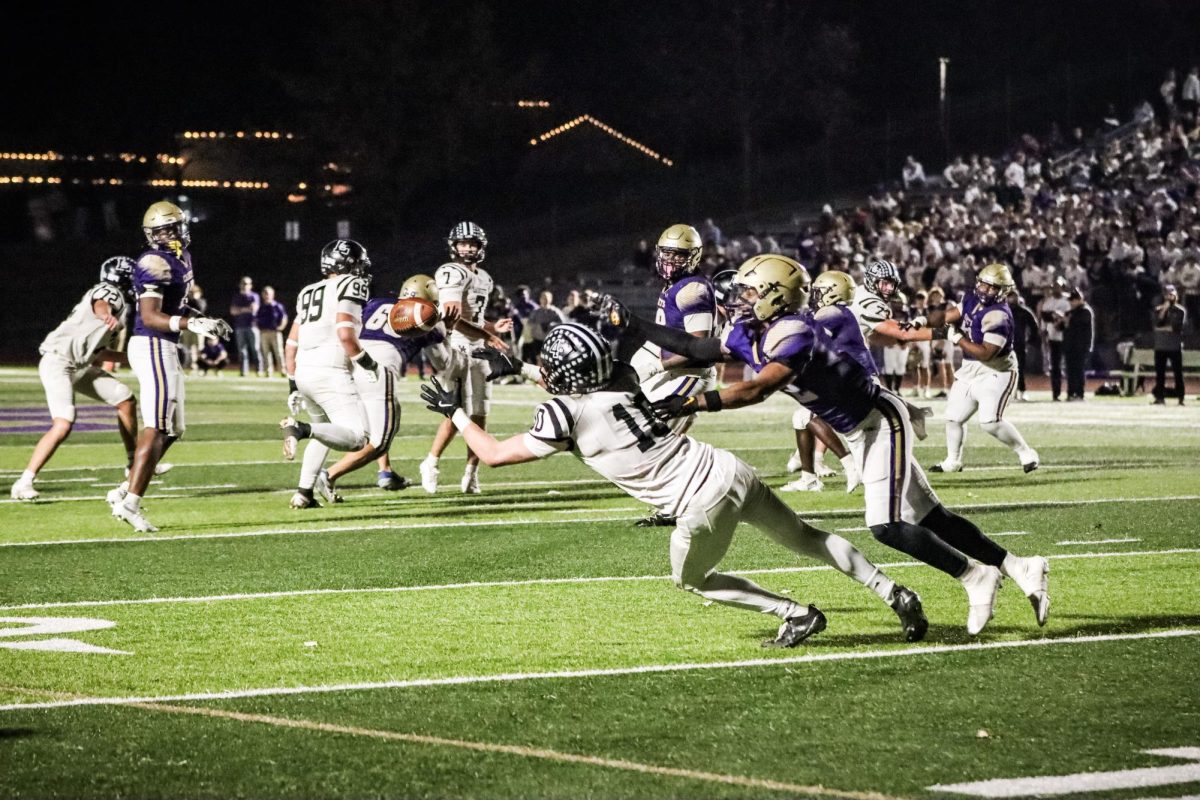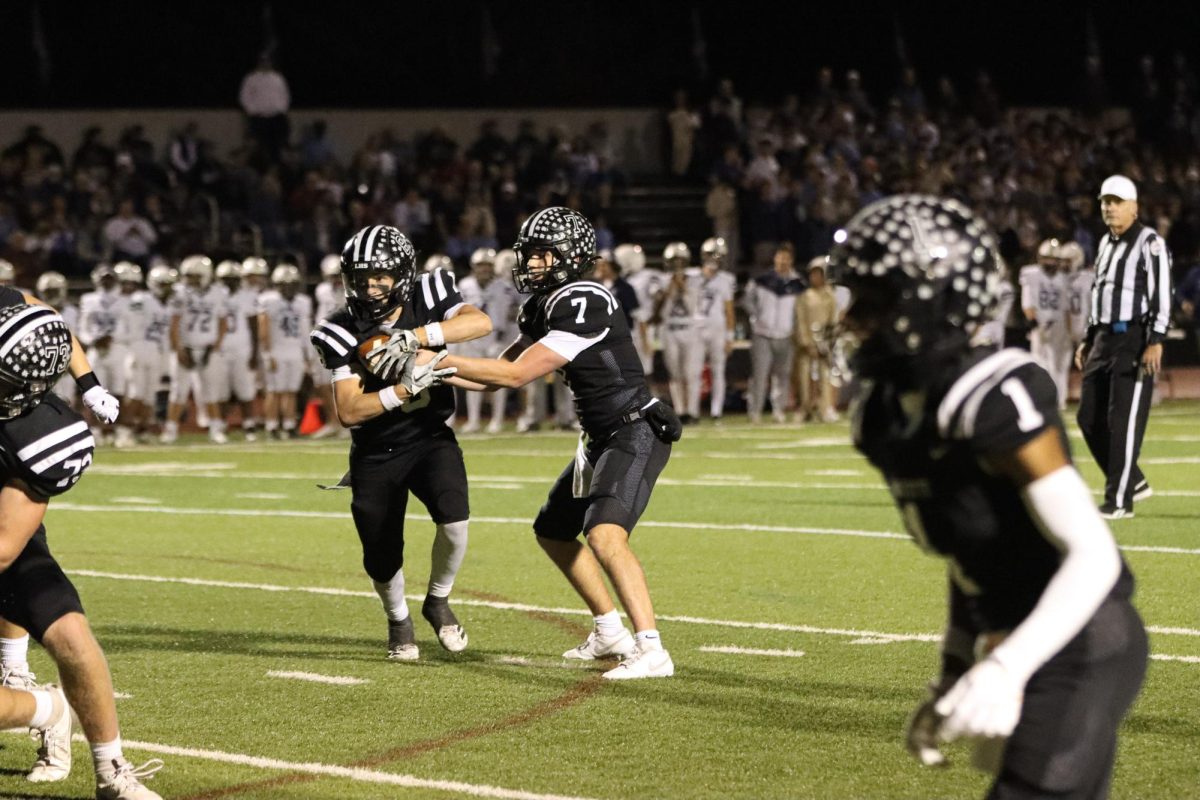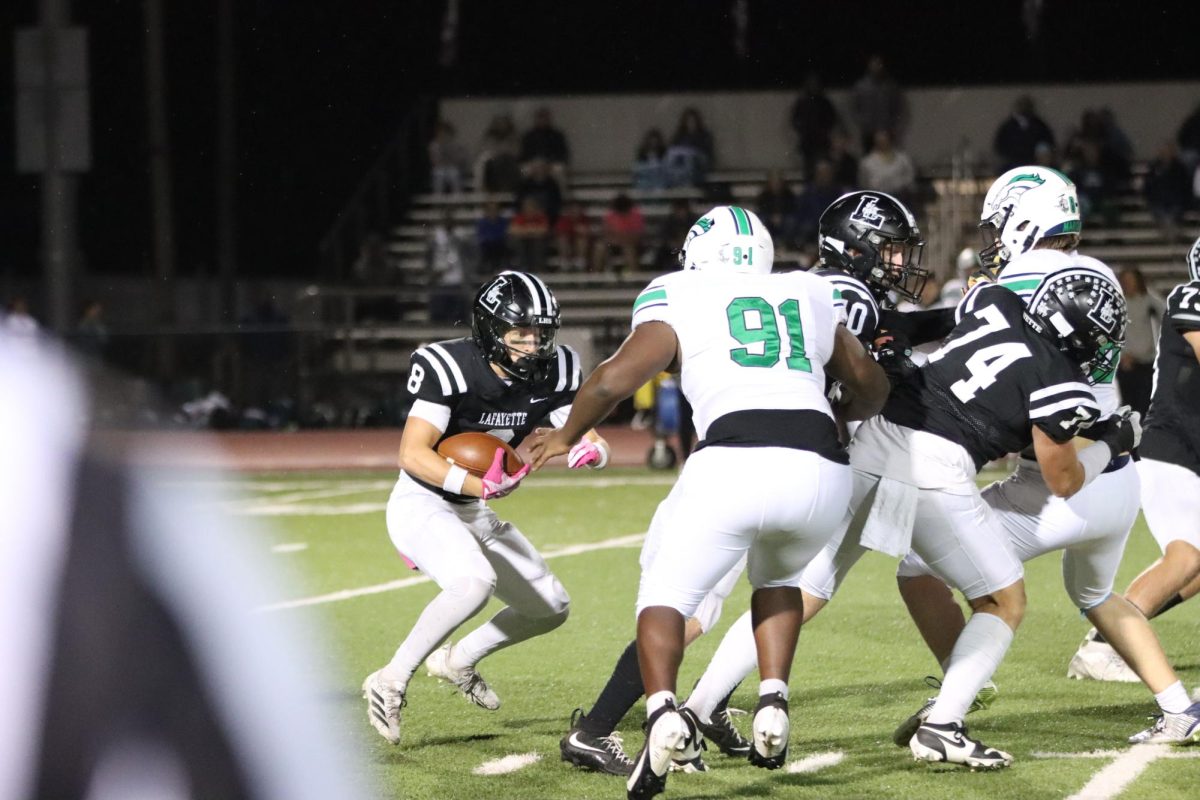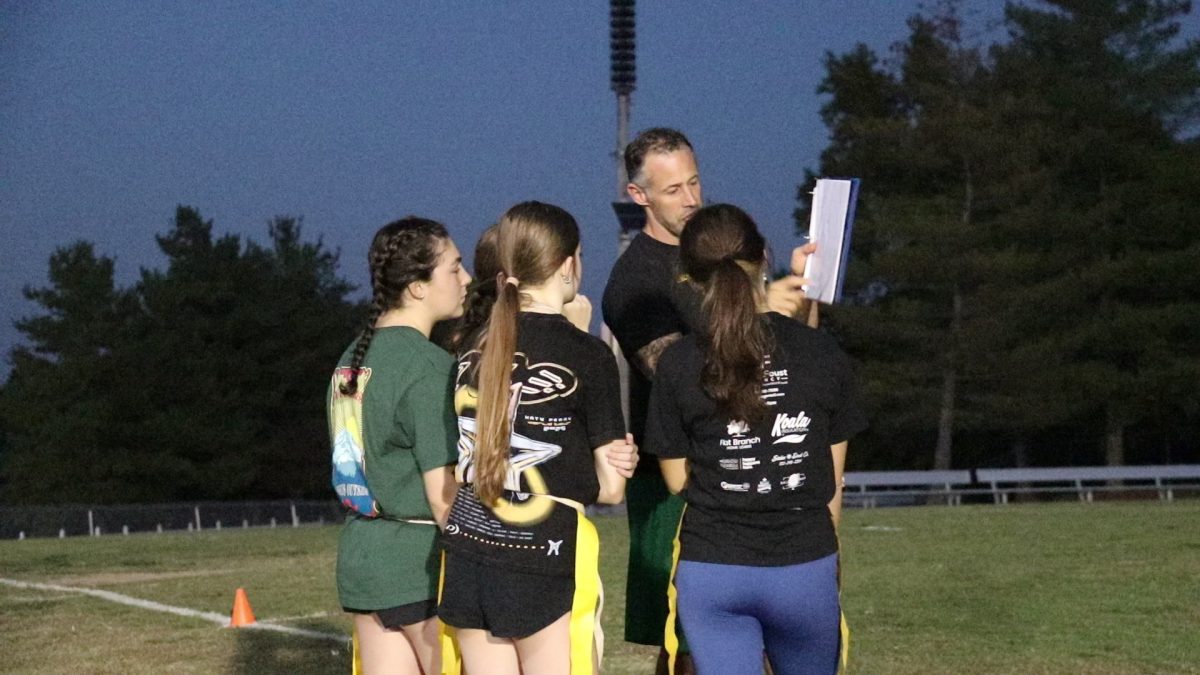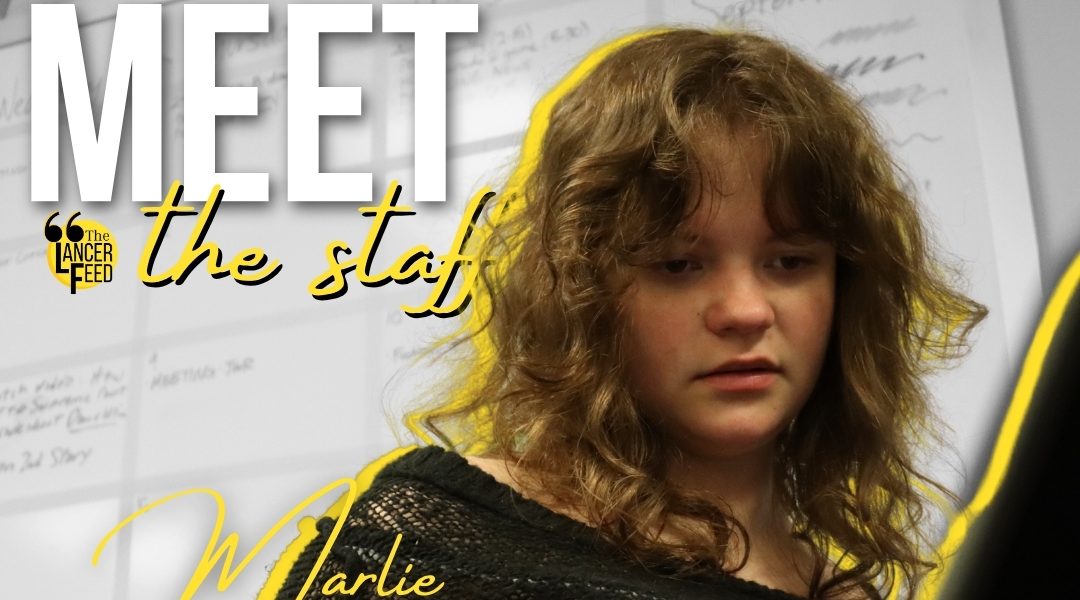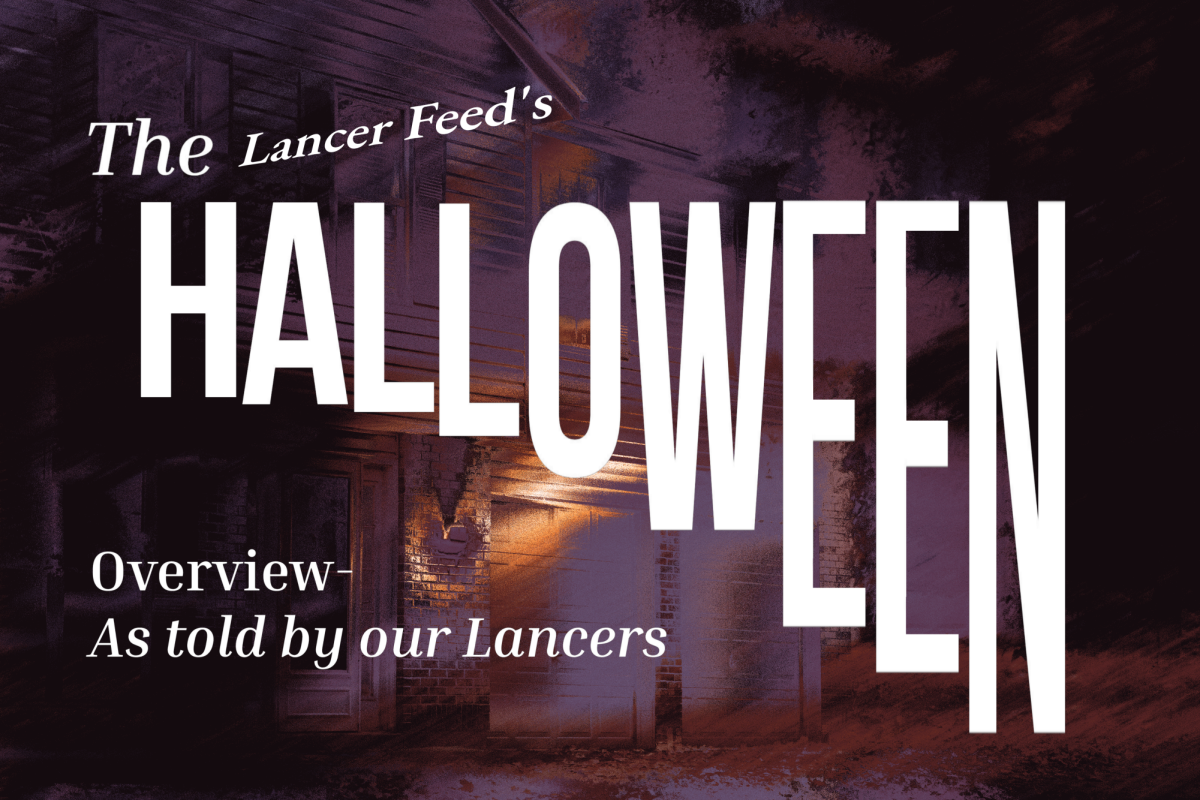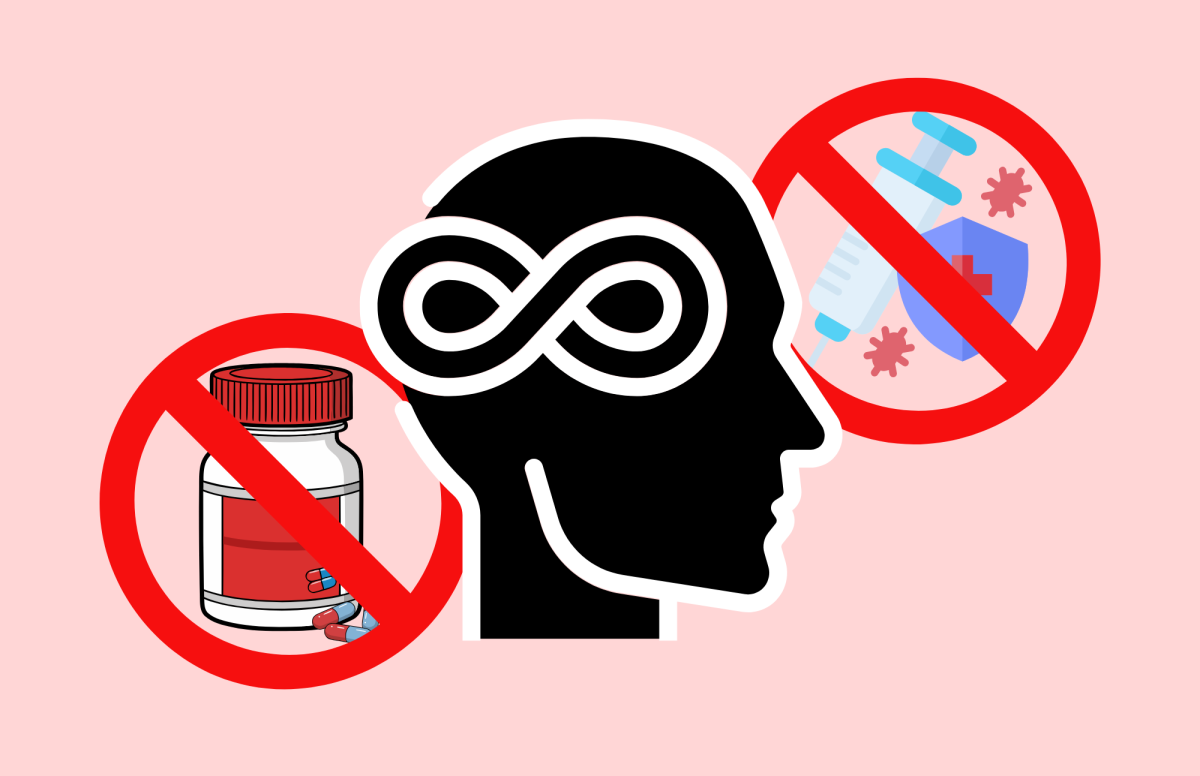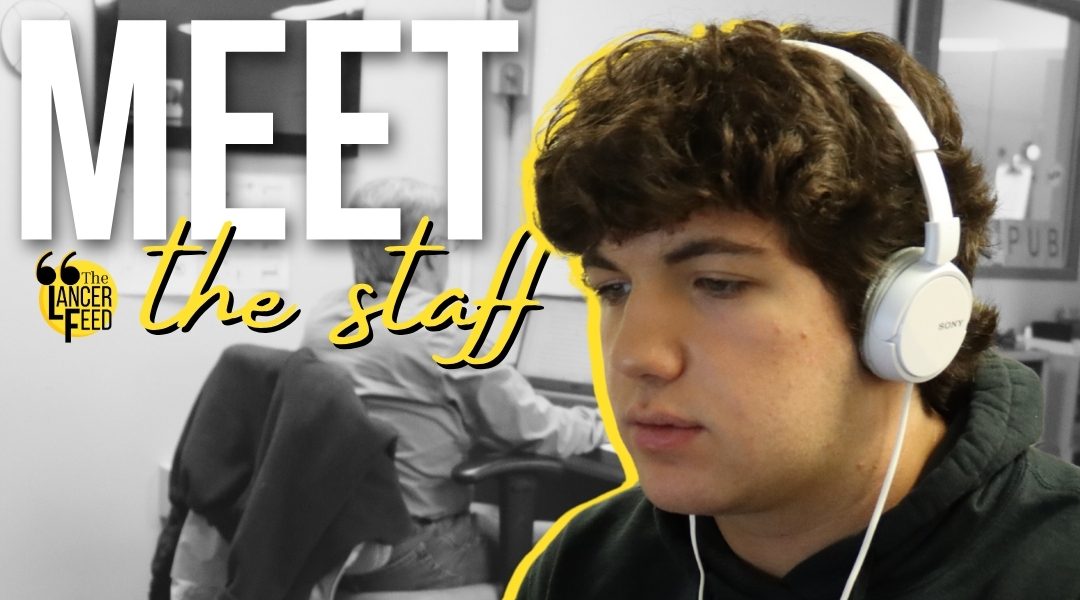Placed on the American Library Association’s Most Banned Book list for depiction of sexual abuse, LGBTQIA+ content, drug use, profanity and possibly sexually explicit scenes, The Perks of Being a Wallflower by Stephen Chbosky is a transitionary, coming-of-age book that teaches teens to embrace life.
I read The Perks of Being a Wallflower when I was a freshman. At the time, I had pretty bad social anxiety, and The Perks of Being a Wallflower was one of the first books that made me feel seen.
The book follows Charlie, the main character, as he navigates life as a high schooler with social anxiety and other mental health issues. What’s different about this book is that rather than being about an outgoing popular kid, Charlie is someone who feels like he’s an outsider, an observer and a wallflower.
The Perks of Being a Wallflower follows Charlie as he goes to his first party, among other ‘typical’ high school experiences. What’s unique about his story, though, is that throughout these situations, rather than engaging in the settings, Charlie watches them. He feels like he isn’t the main character of his own life, which is why he refers to himself as an “other”. For someone like me who sometimes found it hard to leave the house due to social anxiety, I understood where Charlie was coming from. I related to the thoughts and feelings Charlie experienced as he realized he felt like a spectator.
Throughout the book, Charlie learns how to be present in life and how to leave his self-imposed isolation. Although the book touches on some mature themes like alcohol, drugs and sexual abuse, it doesn’t glamorize those topics. In fact, those topics are vital in the plot of the story, as they all contribute to Charlie’s path of self-discovery.
The book ends with Charlie being admitted to a mental hospital and coming to terms with his childhood abuse. By the last page, he promises to participate in life instead of just being a wallflower. Charlie faced his problems and recognized that it was time for him to embrace life, which is what teens might try to model after reading the book.
Rather than banning The Perks of Being a Wallflower teenagers should be able to recognize whether or not the mature themes in the book are something they can handle. No one has to read the book, but it certainly shouldn’t be banned for teens who want to read it, especially because it might help them figure out a bit of how to navigate high school. Reading The Perks of Being a Wallflower can help teens who feel like outsiders learn how to overcome or at least battle some of their social anxieties.

